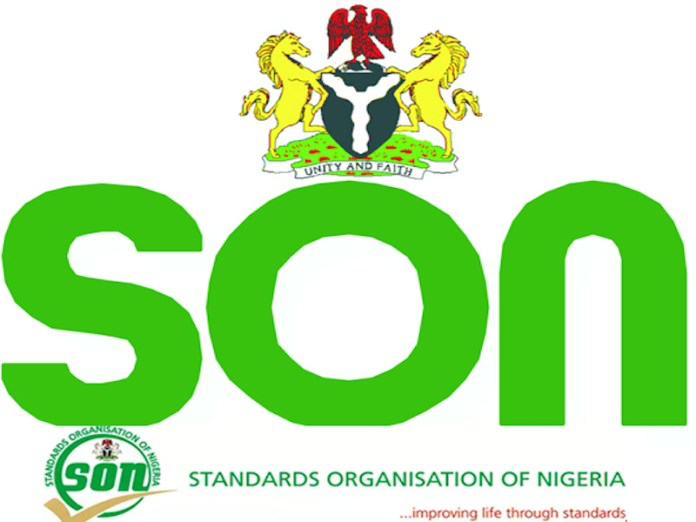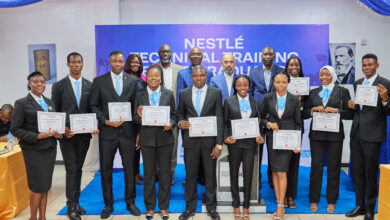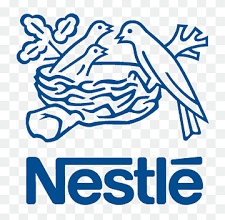SON Boss Harps On Need For Industrialization, Protection Of Local Industries

The Standards Organization of Nigeria, SON, has called for protection of local industries as their survival would play major role in addressing rising insecurity in the country.
The Director General, of the Agency, Mallam Farouk Salim, who made the call in Kaduna noted that survival of the industries would go a long way in curbing myriad of security and economic issues bedevilling the Nation.
Salim, who toured the premises of African Natural Resources and Mines Limited located at Gujeni, Kagarko Local Government Area of Kaduna state, re-emphasised his message on the need to protect Nigerian industries in order to guarantee the protection, safety, greatness and progress of the Nation and its people.
The DG, stated that industrialisation and the protection of industries have been the consistent message he has been preaching since the assumption of duties a little over a year ago, on how the country can be great, safe and progressive, protected and respected.
According to Salim, Nigeria is blessed with enormous natural and human resources that need investments to harness the inherent benefits with its’ attendant multiplier effect on individuals, families, communities, companies and the national economy as a whole.
The DG stated that “one of the reasons the Nation is battling insecurity is the lack of adequate protection for local industries leading to shut down, loss of jobs and income, which leads some into criminal activities”.
He postulated that gainful employment will provide regular disposable income for the citizen’s wellbeing, payment of personal and company taxes, self-respect and dignity thus discouraging banditry, terrorism, cultism, separatism and generally social vices.
Salim commended the African Industries, the parent company of African Natural Resources and Mines (ANRML) for believing in Nigeria and re-investing millions of dollars in the country even 50 years, thus contributing in no small measure to the nation’s gross domestic product.
He described ANRML investment as one of the largest in the Nation currently, outside the Oil and Gas sector, stressing that their production of high quality products under SON guidance would be for local consumption and export thus attracting the much needed foreign exchange for the Nation.
“It is therefore SON’s priority to make the Nigerian industry an entity safe for the workers, competitive for the investors and producing quality goods to meet the needs of our large population and export to the huge potential markets in the West African region with technical support and guidance,” he said.
Mallam Salim called on prospective investors to emulate the ANRML and become part of the journey to improve the lives of Nigerians while also enjoying high returns on their investment.
While welcoming the SON DG to the Gujeni Integrated Iron Ore Mining and Processing Project site earlier, Group Managing Director, African Industries, Alok Gupta commended SON’s role in making Nigerian products globally competitive through its quality assurance activities that help to build consumer confidence for products certified by the Organisations.
Gupta disclosed that the Manufacturing Group has been in operation in Nigeria for over 50 years with diversified operations in Steel, Chemicals, Commodities and Power generation.
According to him, the AIG is synonymous with quality products that are certified under the SON Mandatory Conformity Assessment Programme as well as international standards and revealed that the company was the first in Nigeria to export steel products to international destinations.
He stated further that “with the abundance of iron ore in the country, the company decided to go for backward integration by setting up an integrated iron ore plant in the country making ANRML Nigeria’s largest non-oil foreign direct investment (FDI) which will catalyse the development of steel and manufacturing as a whole”.
Gupta also noted that the project is expected to have lasting socio-economic benefits through creation of job opportunities, social infrastructure, skill development, contribution to the GDP and more importantly saving scarce foreign exchange by means of import substitution,” he said.





